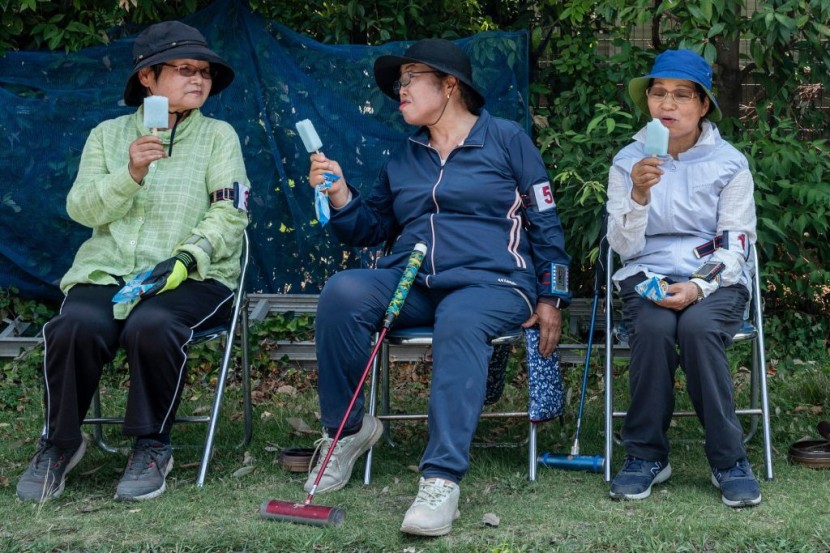
The Japanese health ministry has approved Leqembi, a medicine for Alzheimer's disease developed in collaboration between Japanese and American pharmaceutical companies. It is the first medicine to treat the condition in a country with an aging population.
The medicine, developed by Eisai Co. of Japan and Biogen Inc. of the United States, was approved in Japan two months after it was approved in the United States by the FDA, as reported by The Associated Press.
Leqembi is the first drug to modestly reduce cognitive loss in adults with mild dementia and other signs of Alzheimer's disease.
Prime Minister Fumio Kishida, who announced Japan's approval of Leqembi on Monday, hailed it "a breakthrough" and said the "treatment of dementia has now entered a new era."
Kishida has promised to support the growing number of dementia patients and their families, and he plans to convene a panel this week to study dementia-friendly policies.
According to the health ministry, the number of dementia patients 65 and older in Japan will climb to 7 million in 2025, up from 6 million.
However, the medicine is not effective for everyone and, like other Alzheimer's drugs that target brain plaques, can induce hazardous side effects like brain swelling and bleeding in rare situations.
Eisai stated that it will perform a post-marketing special use survey on all patients who received the drug until adequate data from an undisclosed number of patients is acquired in accordance with Japanese health ministry protocols.
The medicine will be partially funded by health insurance and will be available for clinical trials by the end of the year. The price has yet to be determined, but it is expected to be high, according to Kyodo News.
A Significant Change for Japan
The approval of Leqembi is particularly significant in Japan because the country has a rapidly aging population. According to the Japanese government, the number of people with Alzheimer's disease in Japan is expected to increase from 6.2 million in 2020 to 8.7 million in 2030.
The Japanese government has been investing heavily in research on Alzheimer's disease, and the approval of Leqembi is a testament to the success of these efforts. The government is also working to make Leqembi accessible to as many patients as possible, and it has announced that the national health insurance system will cover the drug.
The approval of Leqembi is a major milestone in the fight against Alzheimer's disease, and it is hoped that it will lead to the development of even more effective treatments in the future.
Alzheimer's in Japan
There is no cure for Alzheimer's disease, but treatments can help slow the progression of the disease and improve symptoms. These treatments include medications such as cholinesterase inhibitors and memantine, as well as non-pharmacological interventions such as cognitive stimulation therapy and physical activity.
The Japanese government is investing heavily in research on Alzheimer's disease, and there are a number of promising new treatments in development.
In addition to medical treatments, there is a growing recognition of the importance of social support and community engagement for people with Alzheimer's disease and their families. The Japanese government has launched a number of initiatives to support people with Alzheimer's disease and their families, including providing financial assistance for caregivers and developing dementia-friendly communities.
Despite the challenges, there is hope for the future of people with Alzheimer's disease in Japan. Thanks to advances in research and treatment, people with Alzheimer's disease are living longer and better lives than ever before. And with the support of their families, communities, and the government, people with Alzheimer's disease can continue to live full and meaningful lives.








